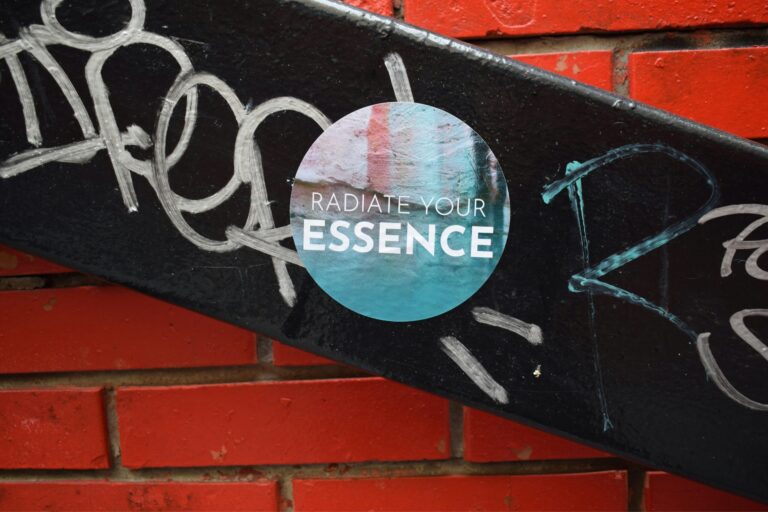Beyoncé Knowles-Carter made waves in the music world once again with the release of her seventh studio album, Renaissance, which dropped globally on July 29, 2022. The long-awaited project marked a bold and refreshing pivot in her musical direction, embracing dance, disco, and house music influences while paying homage to Black queer culture.
The 16-track album, her first solo studio effort since 2016’s Lemonade, was immediately lauded for its innovation, vibrancy, and cultural significance.
A New Era Begins
Renaissance was more than just a new album. It represented the start of a new era for the global superstar, described by critics as a celebration of liberation, self-expression, and resilience.
“Creating this album allowed me a place to dream and to find escape during a scary time for the world,” Beyoncé shared in a statement ahead of the release. “It allowed me to feel free and adventurous in a time when little else was moving.”
The project drew immediate attention for its infectious energy and for pulling from a diverse musical palette, blending ’70s disco, ’90s house, Afrofuturism, and even ballroom culture.
A Love Letter to House and Ballroom Roots
Critics and fans alike pointed out the album’s deep reverence for the Black and Latinx LGBTQ+ communities that have long been at the heart of house and ballroom music.
Tracks like “Alien Superstar,” “Heated,” and “Pure/Honey” invoked the soundscapes of New York’s underground club scene and honored the legacy of queer creatives whose contributions to pop culture have often gone unrecognized.
“Beyoncé is not just dabbling in house music—she’s immersing herself in it with respect,” said music journalist Craig Jenkins of Vulture. “She brings in icons like Honey Dijon and samples from underground hits to create something both nostalgic and new.”
A Team Effort With Star Collaborators
The album features production and writing credits from a diverse group of artists and producers, including The-Dream, Tricky Stewart, Nile Rodgers, Honey Dijon, Grace Jones, and Tems. Beyoncé co-wrote every track, showcasing her creative involvement in every layer of the album.
“Break My Soul,” the album’s lead single released a month prior, became an instant anthem. Sampling Robin S. and Big Freedia, the song encapsulated the album’s ethos of resilience, joy, and freedom.
Cultural Impact and Chart Dominance
Renaissance debuted at No. 1 on the Billboard 200, marking Beyoncé’s seventh consecutive No. 1 album. It received critical acclaim from outlets like Rolling Stone, Pitchfork, and The New York Times, each praising her daring genre-bending and tribute to dance music culture.
The album also made waves for its strategic rollout. Beyoncé released the album without traditional promotion or visuals, instead allowing the music to speak for itself. This minimalistic yet confident approach underscored her status as a seasoned artist who continues to challenge industry norms.
Visuals and Tour Hype
Though released without accompanying videos, Beyoncé confirmed that Renaissance was the first act of a planned trilogy, sparking speculation and excitement about forthcoming visuals and albums. A world tour announcement followed in 2023, drawing massive ticket demand and selling out venues across Europe and North America.
Legacy and Long-Term Influence
Beyond its commercial success, Renaissance is already being hailed as a landmark project in pop and dance music. By elevating historically marginalized sounds and communities, Beyoncé opened a new chapter in mainstream music’s ongoing evolution.
“It’s the kind of record that redefines the cultural moment,” said cultural critic Michaela Angela Davis. “Beyoncé has always pushed boundaries, but here she also opens doors for others to walk through.”


